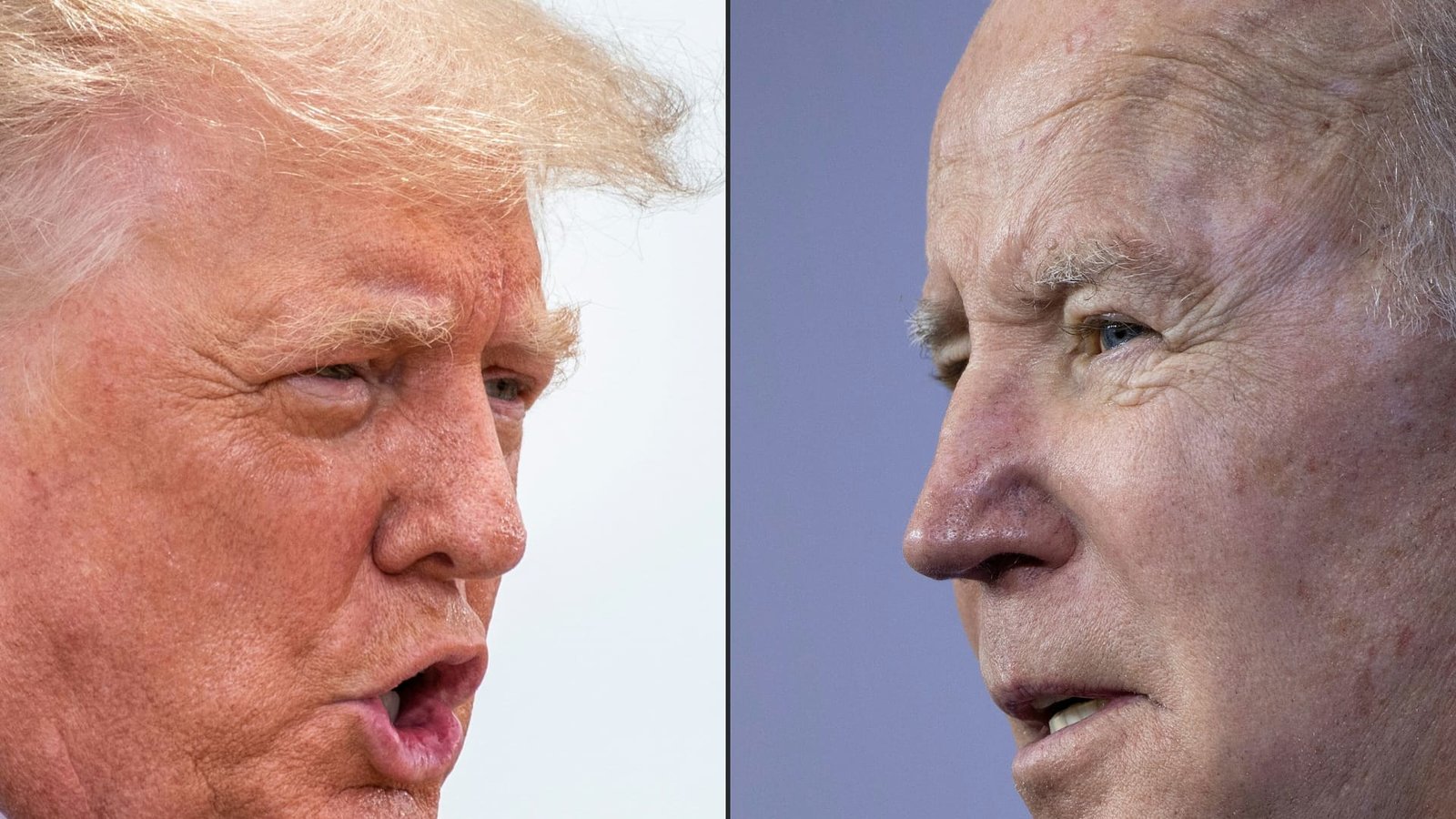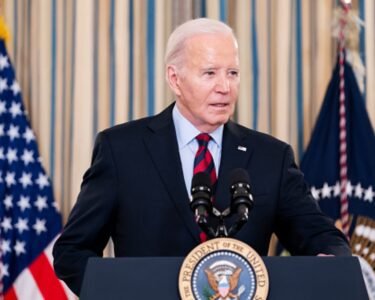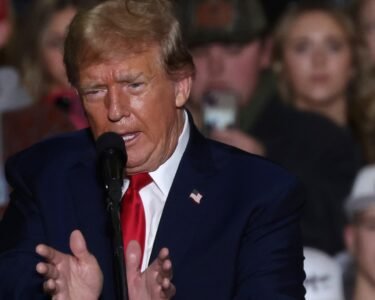Super Tuesday 2024: Biden and Trump Dominate Primary Contests
Super Tuesday is one of the most critical days in the U.S. presidential primary election season, where multiple states hold their primary elections or caucuses on the same day, resulting in a significant number of delegates being awarded to the candidates. In 2024, President Joe Biden and former President Donald Trump dominated Super Tuesday’s primary contests from coast to coast, each winning hundreds of delegates and moving much closer to clinching their respective parties’ nominations.
Biden walked away from the night with at least 1,424 delegates, slightly more than 72% of the total he needs to secure the Democratic nomination. On the other hand, Trump ended the day with a minimum of 946 delegates, or 78% of the 1,215 total he requires to formally become the Republican party’s presumptive nominee. Both candidates had strong showings in states like California, Maine, and Arkansas, solidifying their leads.
Despite their victories, both candidates faced unexpected setbacks in certain contests that raised questions about their ability to unite their parties’ most loyal supporters behind them. Biden, for instance, lost the American Samoa Democratic caucus to political newcomer Jason Palmer, an entrepreneur who has never even visited the South Pacific islands that make up the U.S. territory. Palmer emerged victorious with 50 out of 91 total votes cast, leaving Biden with just 41 votes.
Another surprising upset occurred in Vermont, where former South Carolina Gov. Nikki Haley won the state’s Republican primary over Trump, securing 50% of the vote compared to Trump’s 45%. However, Haley’s victory was short-lived, as she announced her withdrawal from the 2024 presidential race the following day, handing the GOP nomination to Trump. While Haley did not endorse any candidate immediately, she urged Trump to earn the support of Republicans and independent voters who had backed her.
The Super Tuesday results painted a clear picture of each candidate’s standing within their respective parties. Trump’s strong showing in states like Alabama, Arkansas, and Texas solidified his position as the frontrunner for the Republican nomination. On the other hand, Biden’s victories in states like California, Massachusetts, and Virginia bolstered his claim to the Democratic nomination.
In addition to the presidential race, several down-ballot contests on Super Tuesday were closely watched, including the California Senate primary. Democratic Rep. Adam Schiff and Republican Steve Garvey emerged as the top two contenders in the race to fill the seat vacated by the late Sen. Dianne Feinstein. California, being a deep blue state, favored Schiff, who will be the only Democrat on the ballot in November, as the state has not elected a Republican to the U.S. Senate since the 1960s.
Overall, Super Tuesday 2024 showcased the political landscape and the dynamics within each party as candidates jockeyed for delegates and support. While Biden and Trump emerged as the frontrunners in their respective parties, the unexpected twists and turns of the primary contests highlighted the unpredictable nature of politics and the challenges that candidates face in uniting their parties behind them. As the race for the presidency continues, both Biden and Trump will need to navigate these challenges and build broad coalitions of support to secure their party’s nomination and ultimately win the White House.




